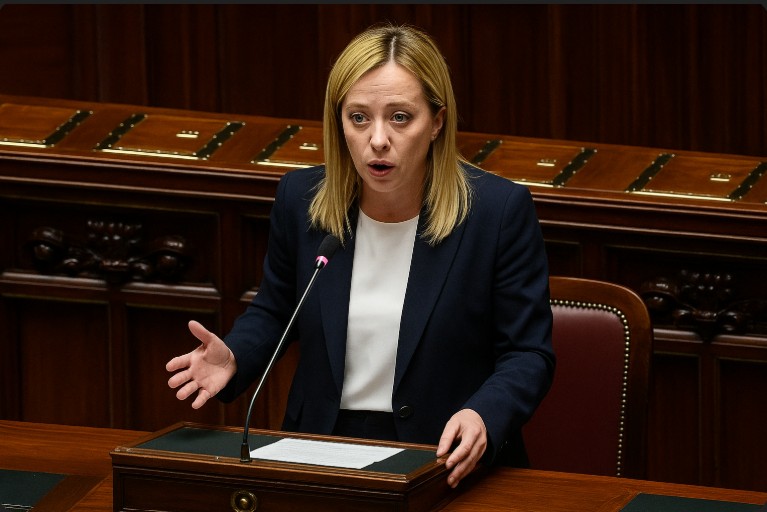ROME – Italy’s government continues to wield its “golden power” authority to curb Chinese influence, particularly in vital strategic assets. Despite pressure from Pirelli leadership to escalate restrictions following Sinochem’s 37 % equity position, Prime Minister Giorgia Meloni’s administration declined immediate action, citing concerns over overusing these powers amid legal scrutiny of other banking sector interventions.
At Pirelli’s 2025 shareholders’ meeting, investors approved the 2024 earnings report, overruling Sinochem’s dissent—signaling a marked decline in its sway over the automaker. Meanwhile, Executive Vice-Chairman Marco Tronchetti Provera expressed optimism that “ongoing tensions between … Pirelli and its main shareholder … are moving toward resolution”.
Meloni Navigates Between US Alignment and Pragmatic Ties with Beijing
Prime Minister Meloni is attempting to recalibrate Italy’s position between strategic alignment with Washington and pragmatic cooperation with Beijing. Her government retracted from China’s Belt and Road Initiative in late 2023 under Western pressure – a move that raised diplomatic eyebrows.
Yet, in summer 2024, Meloni embarked on a significant diplomatic reset: during her visit to Beijing, Italy and China signed a three-year action plan spanning strategic sectors like electric mobility, renewables, AI, and industrial cooperation—including six new bilateral agreements and forums to facilitate collaboration.
Restricting Chinese Stakes Across Energy, Transport, and Power Industries
Beyond Pirelli, the government is eyeing Chinese holdings in vital infrastructure firms. Bloomberg reports indicate intentions to reduce Chinese involvement in sectors such as energy (e.g. CPT Reti), transport, technology, and finance. These moves form part of a broader risk mitigation effort, especially amid trade tensions with the U.S..
Sinochem has maintained that its stake in Pirelli is a “long-term investment.” Still, Italian authorities are reportedly exploring options to compel divestiture or otherwise limit its influence.
New Protections for Universities and Research
In November 2024, Italy announced plans to shield academic institutions from external influence, particularly targeting risks from foreign state-linked actors. While not aimed at any specific country, the policy signals a heightened vigilance over the integrity of national research assets and intellectual property.
Summary Table
| Area | Key Development |
|---|---|
| Pirelli / Sinochem | Shareholder tensions persist; golden power rules limit control; shareholders approved earnings. |
| Government Stance | Balancing Western alignment with renewed, selective ties to China via strategic cooperation. |
| Strategic Sectors | Monitoring and potential rollbacks of Chinese stakes in energy, transport, finance, and infrastructure. |
| Research Protection | New policies to guard universities and high-value research from foreign influence. |
The Bigger Picture
Italy’s course under PM Meloni reflects a strategic pivot: one foot firmly planted in transatlantic alignment, the other cautiously maintaining avenues for technological and industrial cooperation with China—especially in sectors benefiting both countries’ ambitions. Her approach is emblematic of wider EU efforts to divest from dependency in critical infrastructure while still engaging selectively in high-growth collaborative ventures.
In reshaping these balances, Italy seeks to safeguard national sovereignty and economic interests, mitigate conflict with Washington, and preserve room for innovation partnerships with Europe’s second-largest non-EU trading partner. (zai)

